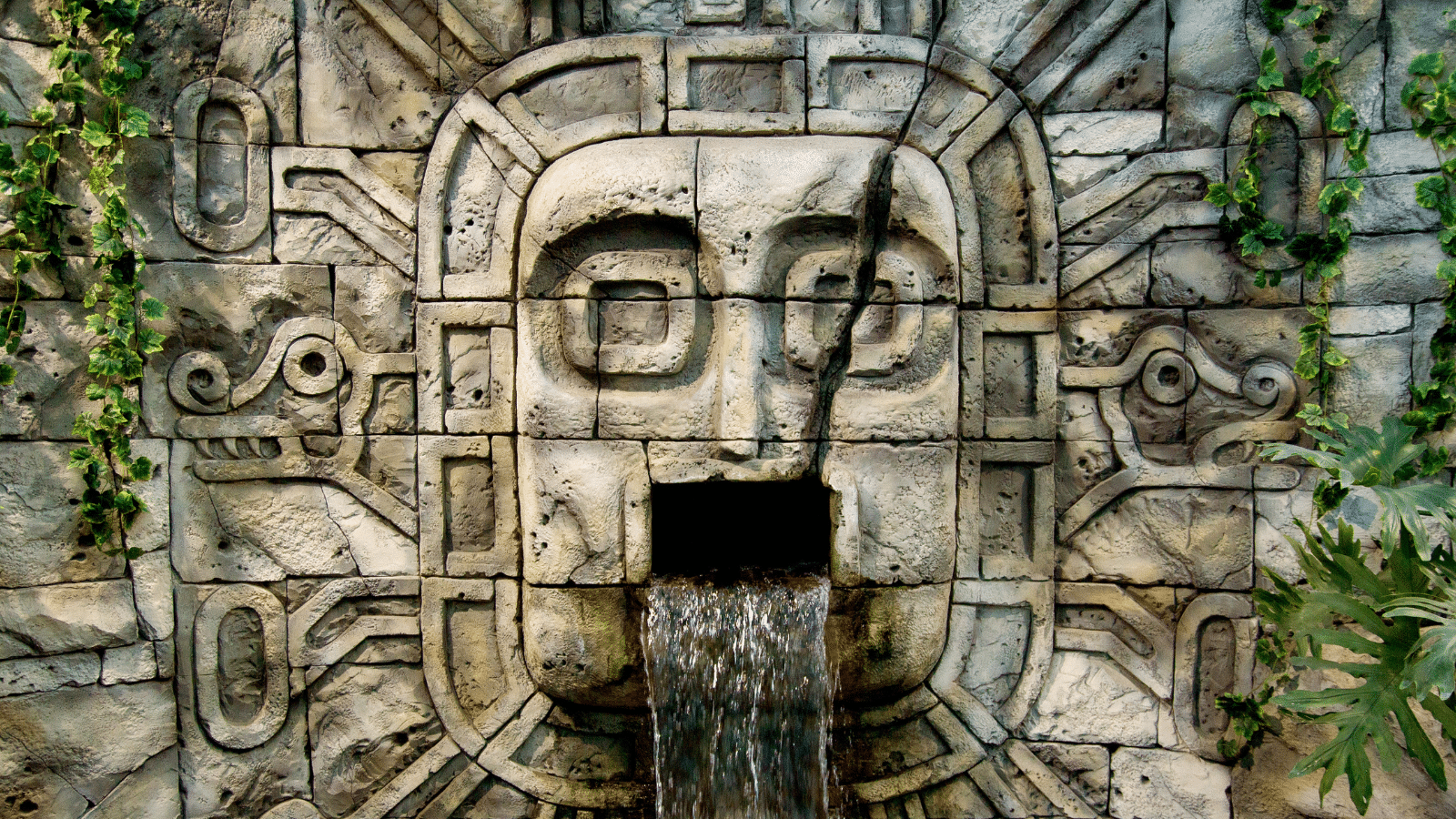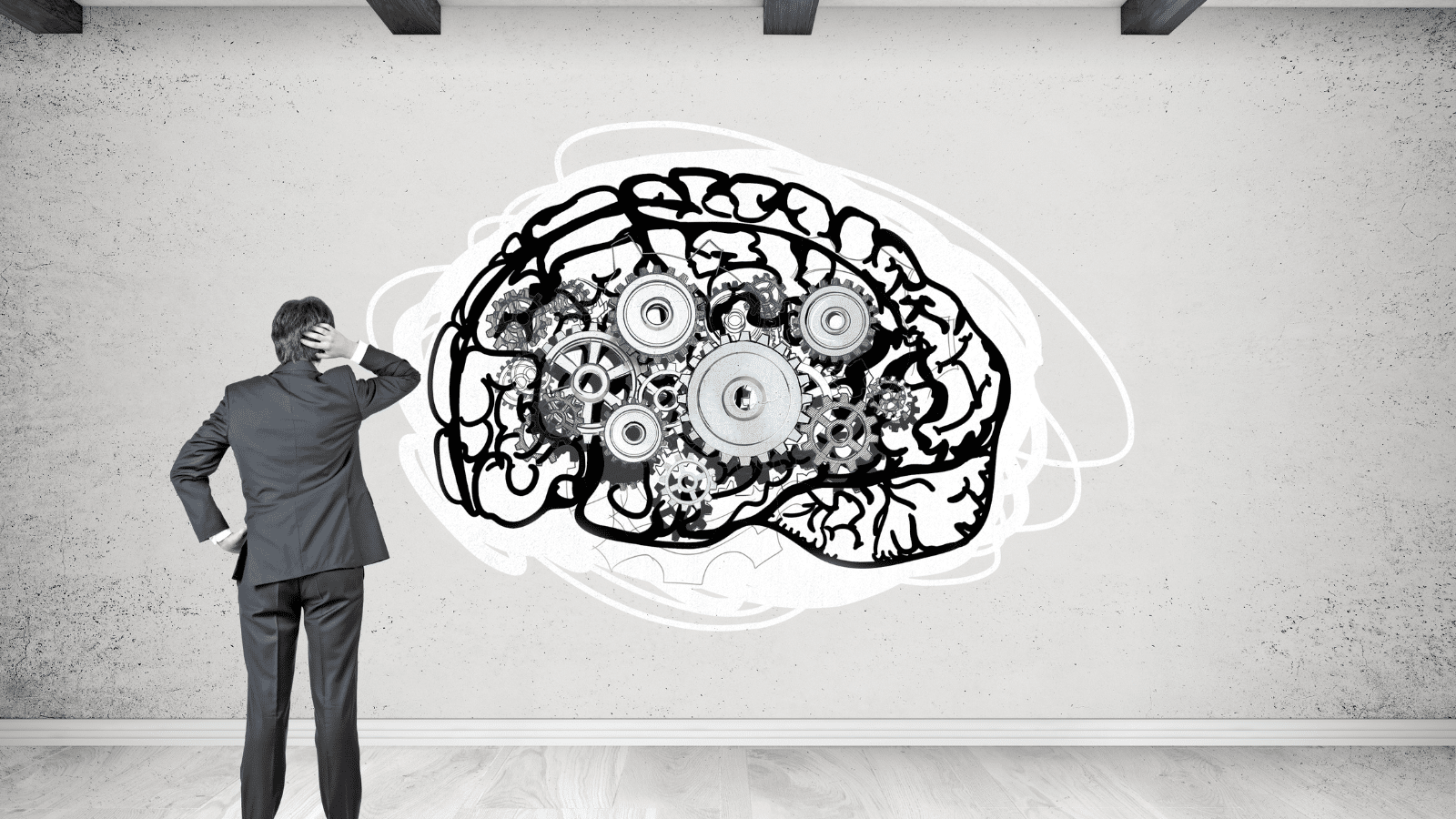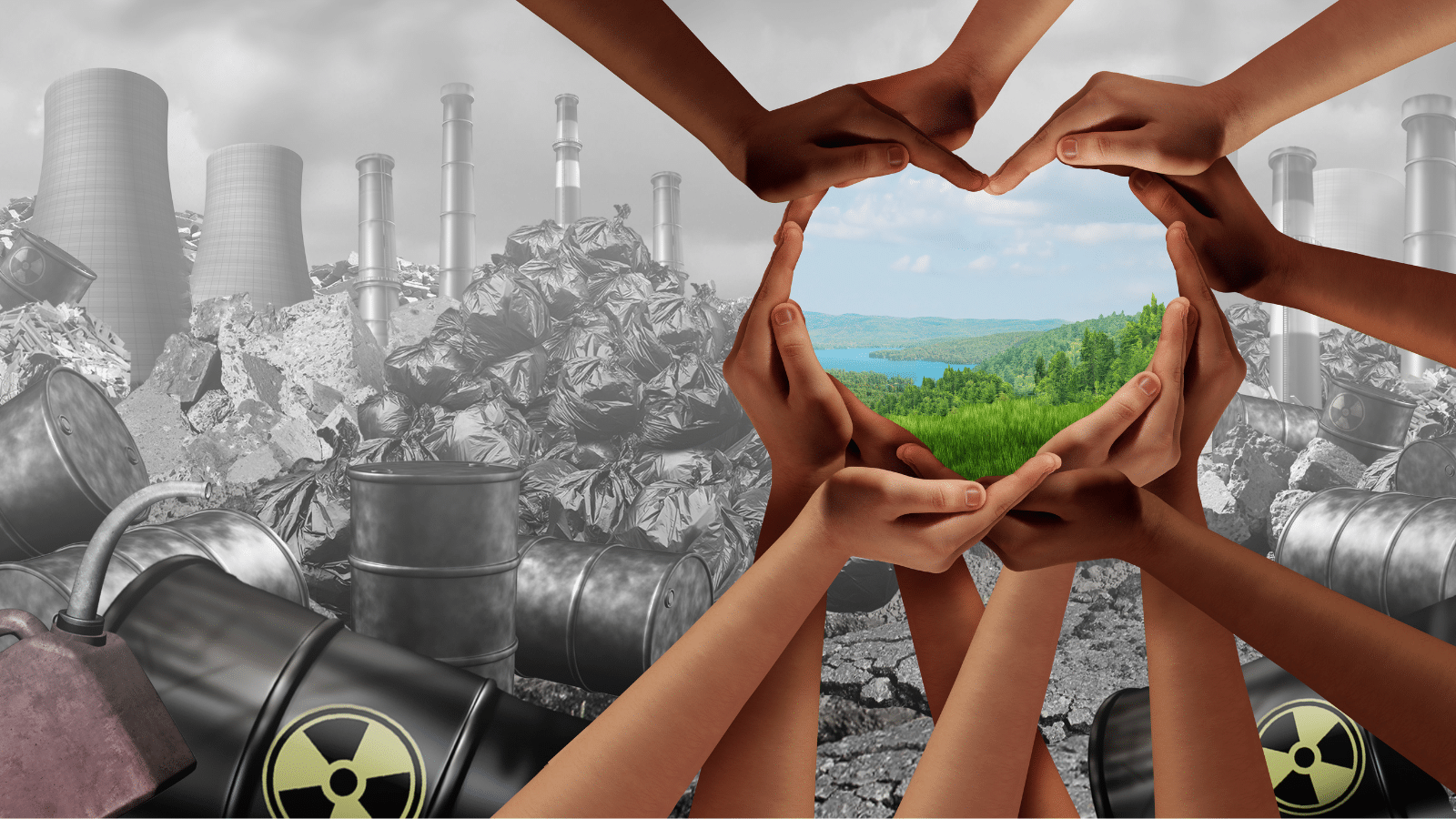In a rapidly evolving world, the landscape of faith and belief is undergoing profound changes. People from diverse backgrounds are increasingly reevaluating their relationship with organized religion. In this exploration, we delve into the myriad factors and motivations that drive this global transformation, shedding light on the complex and multifaceted nature of contemporary spirituality and the evolving role of religion in our lives.
Rise of Secularism

Secularism refers to the increasing trend of separating religious beliefs from public and political life. This phenomenon is significant because it marks a shift towards more inclusive and diverse societies where personal faith plays a less central role in governance and public discourse.
Science and Technology

Scientific and technological advancements have offered natural explanations for previously unexplained phenomena, challenging the need for supernatural beliefs. This is significant because it exemplifies how empirical knowledge is often prioritized over faith-based explanations in contemporary society.
Access to Information

The widespread availability of information on the internet allows individuals to explore various worldviews and philosophies. Significantly, this access enables people to make more informed decisions about their beliefs, often leading to a more diverse and open-minded society.
Religious Scandals

High-profile scandals within religious institutions, such as cases of clergy abuse, have significantly damaged the reputation of organized religion. This has led many to question the moral integrity and credibility of religious authorities.
Religious Conflicts

Ongoing religious conflicts and violence around the world have sparked significant doubt about the claims of morality and peace made by religious institutions. Such conflicts often challenge the moral authority of these institutions.
Lack of Relevance

As societies evolve, some individuals find that traditional religious teachings become less relevant to their daily lives and concerns. This growing sense of irrelevance is significant because it reflects changing societal priorities and values.
Changing Social Norms

Evolving social norms, particularly in issues related to gender, sexuality, and family structures, have significantly altered the landscape of social acceptance, contributing to the departure from more traditional religious beliefs that may not align with these changes.
Secular Education

Secular education encourages critical thinking and presents diverse worldviews, significantly affecting how individuals evaluate their religious beliefs. It demonstrates the growing role of reason and evidence-based thinking in contemporary society.
Religious Extremism

Extremist interpretations of religious texts have significant implications, leading some to question the moral teachings and authenticity of religious traditions. This underscores the crucial role that religious interpretations play in shaping belief systems.
Personal Experiences

Negative personal experiences, such as feelings of exclusion or mistreatment within religious communities, are significant triggers for people leaving their faith. Such experiences highlight the importance of community and acceptance within religious institutions.
LGBTQ+ Rights

Disagreements over LGBTQ+ rights often center around religious teachings, and this issue has driven a significant wedge between some individuals and religious institutions. It showcases the complex intersection of religious doctrine and contemporary social values.
Rationalism

A growing emphasis on rationalism and skepticism is significant because it demonstrates how critical thinking and evidence-based reasoning are challenging traditional religious beliefs, encouraging individuals to question their faith.
Decline in Church Attendance

A decline in church attendance is significant as it reflects changing patterns of religious engagement, indicating that religious institutions may be playing a less central role in people’s lives.
Interfaith Marriages

Interfaith marriages have significant implications for religious adherence, often leading to compromises or departures from religious traditions. They highlight the influence of personal relationships on religious choices.
Atheist and Agnostic Movements

The growth of atheist and agnostic communities is significant because it represents an alternative to religious affiliation, fostering a sense of community and support for those who do not adhere to traditional faith.
Globalization

The exposure to diverse cultures and beliefs through globalization is significant because it challenges individuals to confront differing worldviews and reevaluate their own beliefs in a more interconnected world.
Environmental Concerns

Some individuals see traditional religious values as incompatible with environmental conservation efforts. This is significant as it reflects how contemporary issues are influencing people’s religious beliefs and priorities.
Emphasis on Humanism

An increasing emphasis on humanism and secular ethics is significant because it provides individuals with alternative moral frameworks that do not rely on religious foundations, encouraging them to question and reconsider their faith.
21 Things That Shout You’re “Lower Class” According To Men

Class wars creep up in all aspects of life, including dating. We take a look at the things that men believe are telltale signs that you are lower class.
21 Things That Shout You’re “Lower Class” According To Men
Boomer Zoomers vs. Millennial Meh: 10 Cars the Older Gen Loves but Millennials Just Can’t Stand

The change in the automotive industry has been incredible over the year. Baby boomers born between 1946 and 1964 can’t get enough of the cars listed below, as muscle cars emerged in the 1960s, and new technologies appeared in the 1970s and 1980s. You can imagine why boomers genuinely appreciate these vehicles.
Boomer Zoomers vs. Millennial Meh: 10 Cars the Older Gen Loves but Millennials Just Can’t Stand
Across the Pond Disdain: 18 Horrendous American Habits Foreigners Just Can’t Stomach

There is a lot to love about America, from the bright lights of New York to the incredible breakfasts, but foreigners also dislike many things. We look at everything from poor public transport to an intimidating tip culture, sharing 18 things that America could be better at.
Across the Pond Disdain: 18 Horrendous American Habits Foreigners Just Can’t Stomach
Out with the Old: 18 Gen X Fads That Millennials and Gen Z Just Can’t Vibe With

While some old habits die hard, there are some things that Gen X need to eliminate as they are no longer relevant.
Out with the Old: 18 Gen X Fads That Millennials and Gen Z Just Can’t Vibe With
18 Unpleasant States You Might Want to Skip on Your Next Trip

When thinking of America, we don’t expect there to be boring or unpleasant places to visit. We see all the different states on the TV, and they show the best parts. However, there are some states you won’t want to visit, and you should brace yourselves if you ever happen to stumble into them.
18 Unpleasant States You Might Want to Skip on Your Next Trip






